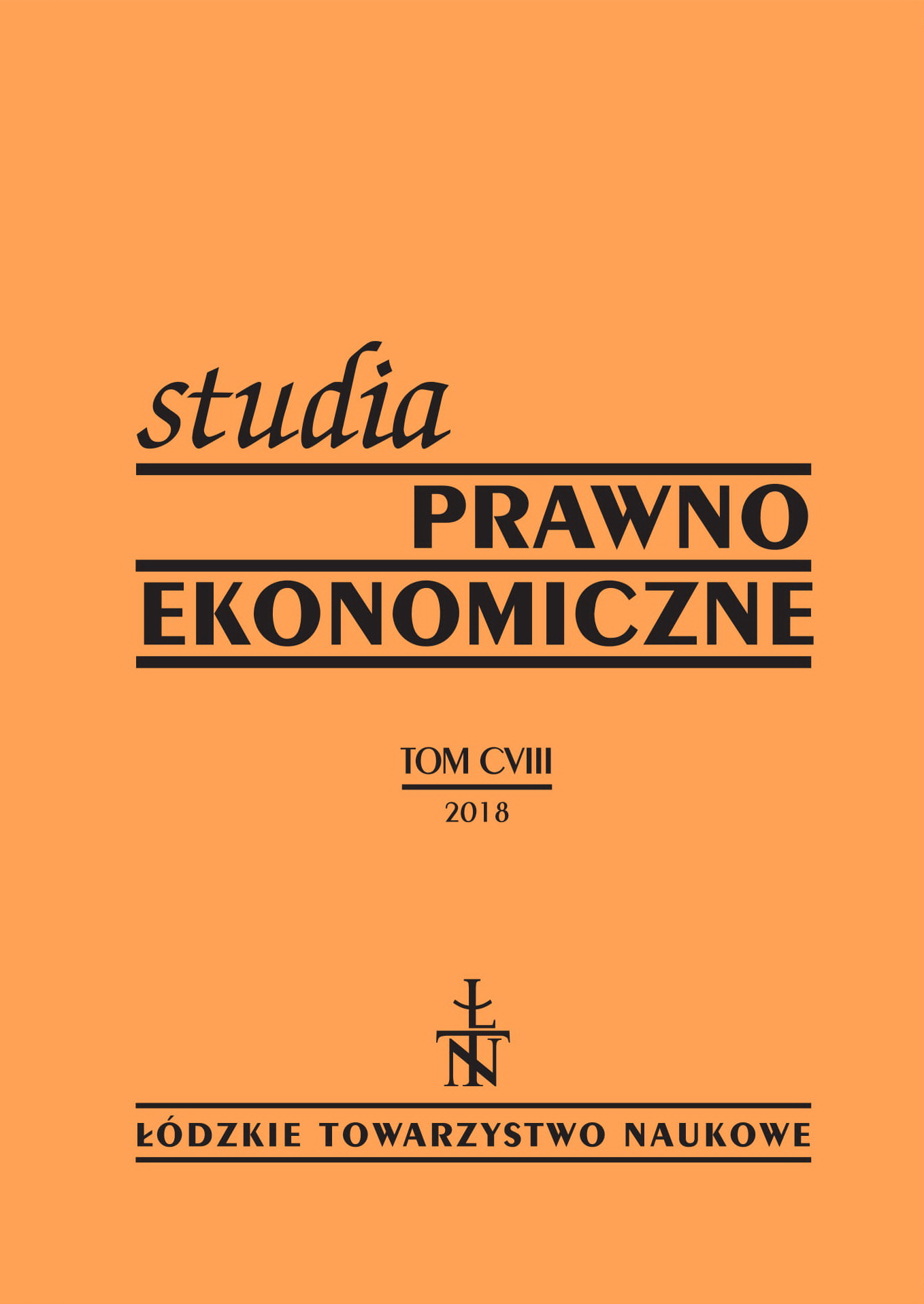The Professional Autonomy Problem in Economic Studies
DOI:
https://doi.org/10.26485/SPE/2018/108/18Keywords:
professional groups, professional autonomy, self-regulation, information asymmetryAbstract
Professions are occupations of a specific kind. They are characterized, in particular, by the information asymmetry of the services they provide customers cannot, as a rule, assess the quality of these services. Classic examples of professions include doctors and lawyers, but several other occupations have at least some of the characteristics of a professional group. The article discusses and assesses the theoretical literature on professions while stressing the phenomenon of professional self-regulation, its possible causes as well as the consequences. Three broad topics are discussed in the review: self-regulation and barriers to entry to professional markets, self-regulatory organizations (SRO) as quality controllers, and SRO vs. government interventions. The theoretical literature reviewed in the article suggests that while professional organizations are in some sense natural, they tend to create barriers to entry, and governments should participate in regulating the professional markets. Possible further directions for research on professions are suggested.



